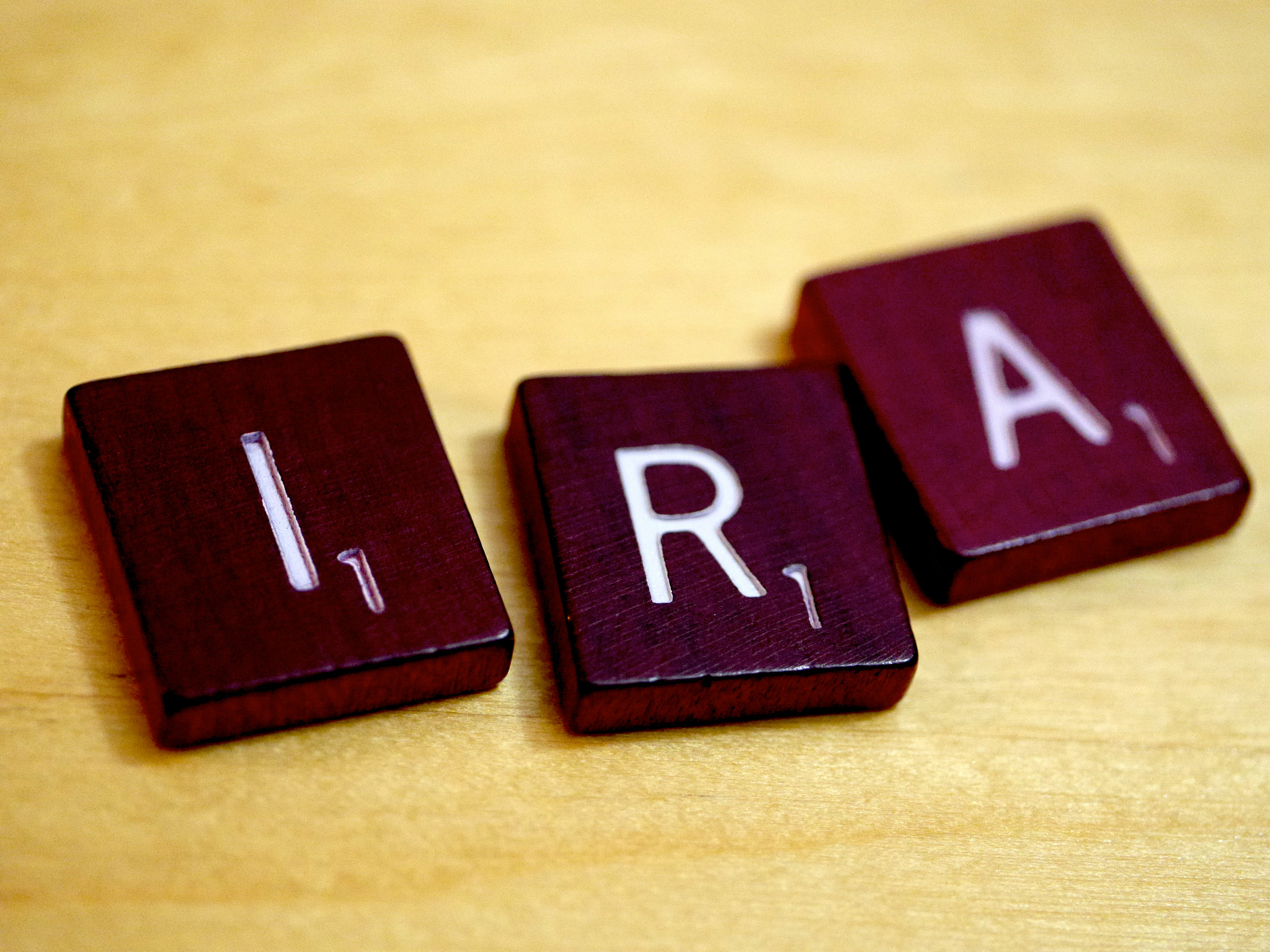
Retirement Series: Traditional IRA
Turnkey Rental Investment vs. The Traditional Retirement Plan: The Traditional IRA
This article is the second installment in a series on retirement plans. In each post, I compare paper asset options against turnkey real estate investments. My goal is to show you why you may be better off calling your turnkey provider than your stock broker.
When it comes to saving for retirement, flexibility matters. The ability to choose your own investments and shift funds accordingly is vital in the rapidly shifting financial world. The traditional IRA is a self-directed investment plan that gives you that kind of freedom.
How does a Traditional IRA work?
Unlike a 401(k), the traditional IRA is completely self-directed with no need for employer sponsorship. For Americans under 50 years of age, you can contribute up to $5,500 a year. For those over 60, that limit goes up to $6,500.
To open an IRA, there's no need to involve your employer. You simply pick a broker, open an account, and deposit your funds. After your account is funded, you can pick stocks, bonds or funds and make trades as you would with any other brokerage account.
What are the advantages of a Traditional IRA?
As long as you meet the IRS's income guidelines, you can open and contribute to a traditional IRA. The advantage of this program over a 401(k) is that it's entirely self-directed. You're not shackled to the limited selection of funds (i.e. paper assets) typically offered with an employer-sponsored plan.
Perhaps the most enticing benefit of the traditional IRA is that, for the most part, your contributions are tax deductible. If you're expecting to make less in retirement than you do now, that can be an attractive benefit. And while the penalties for taking retirement funds out early are considered a disadvantage, they can limit you from depleting your retirement funds when you shouldn't and can be considered an advantage as well.
What are the disadvantages of a Traditional IRA?
The tax advantage of the traditional IRA trades on two predictions: First, that taxes won’t rise between now and the time you retire and, second, that your lifestyle expenses won’t increase between now and retirement. Neither of those predictions are very sound.
Access to capital is another sticky point. Like the 401(k), the traditional IRA limits access to your funds. Unless you have a good reason to withdraw before you hit 59 1/2 years of age(first-home purchase, disability, etc.), Uncle Sam will hit you with a 10% penalty on top of your normal tax liability.

How can turnkey rental property be a better long-term investment?
Because most traditional IRAs contain stocks, bonds and mutual funds, the same advantages exist for turnkey real estate over 401ks:
First, real property can offer better returns (combined income and net worth) than the stock market. Warren Buffet (among others) says investors should expect 6-7% in the market after fees. While this can be better than a 401K, the company match portion goes away. Thus, there is still a very significant difference between average paper asset returns and potential turnkey returns.
Second, rental income gives you more freedom to invest and reinvest on your own terms. Third, it’s often cheaper and easier to access your capital in a rental investment than a retirement investment.
Finally, the contribution limit of IRAs don't apply. A $5,500/yr limit is nowhere near the amount you could be saving for retirement. Rental investments have no such limits and allow you to invest more aggressively.
Conclusions
Like 401Ks, IRA's are a method to hold retirement assets. One of the advantages of these plans is that they make it difficult for you to take funds from your retirement plan when you probably shouldn't. That being said, the common practice of holding stocks, bonds and mutual funds in these accounts often limits growth. Turnkey real estate offers the same passive benefits, but builds wealth and creates income with long-term returns that exceed the averages of paper assets. If you really want an IRA, consider a custodian like Equity Trust who lets you hold real estate in your IRA. Your turnkey provider can help you with this.

